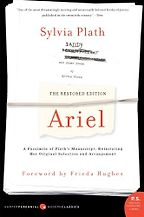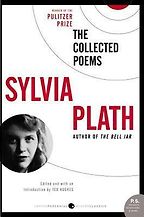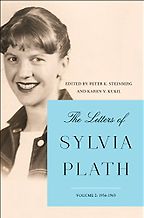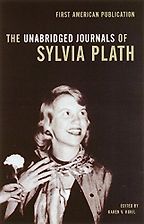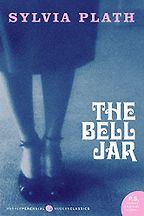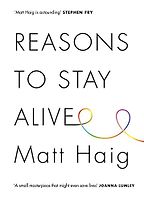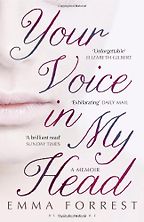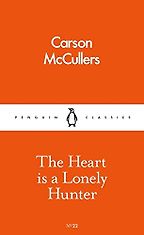Books by Sylvia Plath
“The restored Ariel is a volume of rebirth and hope: it begins with the word “love” and ends with “spring.” We sometimes caricature Plath as some kind of doom-laden depressive. That’s absolutely not what the trajectory of Ariel conveys.” Read more...
Tim Kendall, Literary Scholar
“What Plath most often wrestles with is a sense that, as the metaphor of a bell jar suggests, she’s seeing the world through glass. She’s trapped. She’s constrained. She knows that there’s something greater within her, but it can’t break through. She’s struggling; she’s puzzled. To borrow one of her titles as a metaphor, she’s writing ‘stillborn’ poems.” Read more...
Tim Kendall, Literary Scholar
“Plath adapts her manner to her audience. ‘Who is Sylvia?’ She contains multitudes—with at least as many personae as there are correspondents. The Plath of Letters Home is vastly different from the Plath of the Beuscher letters, who is different again from the Plath writing to the Catholic priest Michael Carey (and sending him, of all poems, ‘Mary’s Song’!). She’s all these personae and more.” Read more...
Tim Kendall, Literary Scholar
“The Journals are, in their unabridged state, an astonishing body of work. We talk about how poets are born, not made, but what I always take away from every page of the Journals—and it’s a serious slab of a book—is the extent to which Plath was both born and self-made.” Read more...
Tim Kendall, Literary Scholar
“Despite its subject matter, The Bell Jar is often a very funny novel. Perhaps we miss it because the pall of Plath’s biography descends across the whole work and reputation. But The Bell Jar is viciously funny. There are people still alive today who won’t talk about it because they were so badly hurt by Plath’s portrayal of them.” Read more...
Tim Kendall, Literary Scholar
Interviews where books by Sylvia Plath were recommended
Sylvia Plath Books, recommended by Tim Kendall
Though biographical sensation has often diverted attention from her work, Sylvia Plath remains one of the finest lyric poets of the twentieth century, argues Professor Tim Kendall, Academic Director of Arts and Culture at Exeter and author of Sylvia Plath: A Critical Study. Here, he recommends the best places to start (or return to) with Plath, from a fresh look at Ariel to illuminating an oft-overlooked, brilliant appendix in her unabridged journals.
The best books on Depression, recommended by Bryony Gordon
Writing about her life in memoirs and a newspaper column allowed the author Bryony Gordon to “join the dots” to see the true face of her own mental illness. Here, she chooses five books to help with depression, books in which she has found solace and a sense of community among those who suffer from depression.
